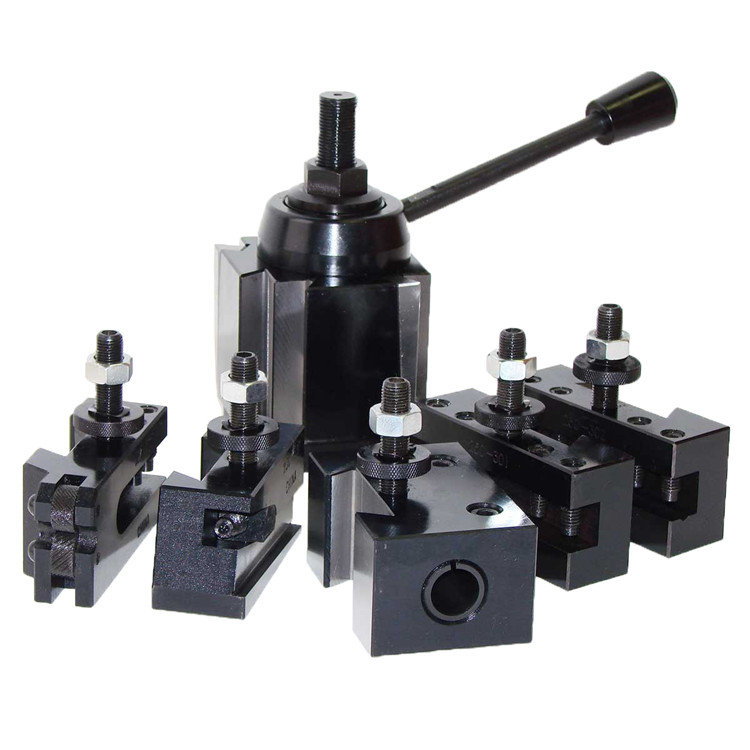Wholesale indexable threading mill
Indexable threading mills are multi-tooth cutting tools used to produce threads in a variety of materials. They offer several advantages over traditional single-point threading tools, including higher productivity, improved surface finish, and the ability to cut threads in difficult-to-reach areas. This guide provides an in-depth look at wholesale indexable threading mills, covering their types, applications, selection criteria, and where to find reliable suppliers like Wayleading Tools for your threading needs.
Understanding Indexable Threading Mills
What are Indexable Threading Mills?
Indexable threading mills are rotary cutting tools featuring multiple cutting inserts. These inserts are mechanically clamped to the mill body and can be easily indexed or replaced when worn or damaged. This design offers significant advantages in terms of tool life and machining efficiency compared to traditional threading methods.
Types of Indexable Threading Mills
There are several types of wholesale indexable threading mills available, each designed for specific applications and materials:
- Full Profile Threading Mills: These mills cut the entire thread profile in a single pass, resulting in faster cycle times.
- Multi-tooth Threading Mills: These mills have multiple cutting teeth arranged around the periphery, allowing for high feed rates and improved surface finish.
- Single-Point Threading Mills: While technically indexable, these often use a single, indexable insert to perform a single-point threading operation, useful for very precise or specialized threads.
- Helical Threading Mills: Designed for producing helical threads, such as those found on screws and worms.
Applications of Wholesale Indexable Threading Mills
Wholesale indexable threading mills are used in a wide range of industries, including:
- Automotive: Manufacturing engine components, fasteners, and other threaded parts.
- Aerospace: Producing high-precision threads in aircraft components.
- Medical: Creating threaded implants and surgical instruments.
- Oil and Gas: Machining threaded connections for pipelines and drilling equipment.
- General Manufacturing: Threading a wide variety of components across diverse industries.
Advantages of Using Indexable Threading Mills
Compared to traditional threading methods, wholesale indexable threading mills offer several advantages:
- Increased Productivity: Multi-tooth designs and higher feed rates reduce cycle times.
- Improved Surface Finish: The multiple cutting edges produce a smoother, more accurate thread profile.
- Reduced Tooling Costs: Indexable inserts can be easily replaced, extending the life of the tool body.
- Versatility: Different insert geometries can be used to cut a variety of thread types and sizes.
- Reduced Vibration: The design of indexable threading mills minimizes vibration, resulting in improved tool life and surface finish.
Selecting the Right Wholesale Indexable Threading Mill
Choosing the right wholesale indexable threading mill depends on several factors:
- Thread Type and Size: Determine the specific thread type (e.g., metric, UNC, UNF) and size required for your application.
- Material: Select an insert grade and coating suitable for the material being machined.
- Machine Tool: Consider the spindle speed, horsepower, and rigidity of your machine tool.
- Cutting Parameters: Choose appropriate cutting parameters (speed, feed, depth of cut) based on the material and thread specifications.
- Coolant: Use appropriate coolant to dissipate heat and lubricate the cutting edge.
Indexable Insert Grades and Coatings
The insert grade and coating play a crucial role in the performance and longevity of an wholesale indexable threading mill. Common insert materials include:
- Carbide: Offers excellent wear resistance and is suitable for a wide range of materials.
- Cermet: Combines the toughness of ceramics with the strength of metals, providing good performance at high cutting speeds.
- High-Speed Steel (HSS): Cost-effective option for machining softer materials.
Common coatings include:
- Titanium Nitride (TiN): General-purpose coating that improves wear resistance and tool life.
- Titanium Carbonitride (TiCN): Offers higher hardness and wear resistance than TiN.
- Aluminum Titanium Nitride (AlTiN): Provides excellent heat resistance and is suitable for high-speed machining of difficult-to-cut materials.
Where to Buy Wholesale Indexable Threading Mills
When sourcing wholesale indexable threading mills, it's essential to choose a reputable supplier that offers high-quality products and excellent customer service. Wayleading Tools (www.wayleading.com) is a leading supplier of cutting tools, including a comprehensive range of indexable threading mills. They provide a diverse selection of threading mills suitable for various materials and applications. Consider factors like price, availability, and technical support when making your decision. Contact Wayleading Tools for expert advice and competitive pricing.
Best Practices for Using Indexable Threading Mills
To maximize the performance and lifespan of your wholesale indexable threading mills, follow these best practices:
- Use proper tool holding: Securely clamp the threading mill in a rigid tool holder.
- Apply coolant effectively: Ensure that coolant is directed at the cutting edge to dissipate heat and lubricate the tool.
- Monitor tool wear: Regularly inspect the inserts for wear and replace them when necessary.
- Optimize cutting parameters: Adjust cutting speed, feed rate, and depth of cut to achieve optimal performance.
- Follow manufacturer's recommendations: Adhere to the manufacturer's guidelines for tool usage and maintenance.
Troubleshooting Common Issues
Even with proper techniques, issues can arise. Here's how to address some common problems:
- Poor Surface Finish: Check for worn inserts, excessive vibration, or incorrect cutting parameters.
- Premature Tool Wear: Ensure proper coolant application, select a more wear-resistant insert grade, or reduce cutting speeds.
- Chatter: Increase machine rigidity, reduce cutting speeds, or use a different tool holder.
- Thread Dimensional Accuracy Issues: Verify the accuracy of the machine tool, check the insert geometry, and adjust cutting parameters as needed.
Examples of Indexable Threading Mills
Here are a few example specifications for indexable threading mills (specifications can vary by manufacturer):
| Feature | Example 1 | Example 2 |
|---|---|---|
| Thread Type | Metric | UN |
| Thread Size | M6 | 1/4-20 |
| Insert Grade | Carbide with TiN Coating | Carbide with AlTiN Coating |
| Shank Diameter | 10mm | 3/8 inch |
| Overall Length | 75mm | 3 inches |
Conclusion
Wholesale indexable threading mills are a versatile and efficient solution for producing high-quality threads. By understanding the different types of threading mills, selecting the right tool for your application, and following best practices, you can maximize productivity and reduce tooling costs. When looking for a reliable supplier, consider Wayleading Tools for their extensive selection and expert knowledge. Remember to always consult the manufacturer's specifications and guidelines for optimal performance and safety.
Related products
Related products
Best selling products
Best selling products-
 32 Blades Feeler Gauge From 0.04-0.88MM
32 Blades Feeler Gauge From 0.04-0.88MM -
 Inch Solid Carbide Twist Drill With Internal Coolant & External Coolant
Inch Solid Carbide Twist Drill With Internal Coolant & External Coolant -
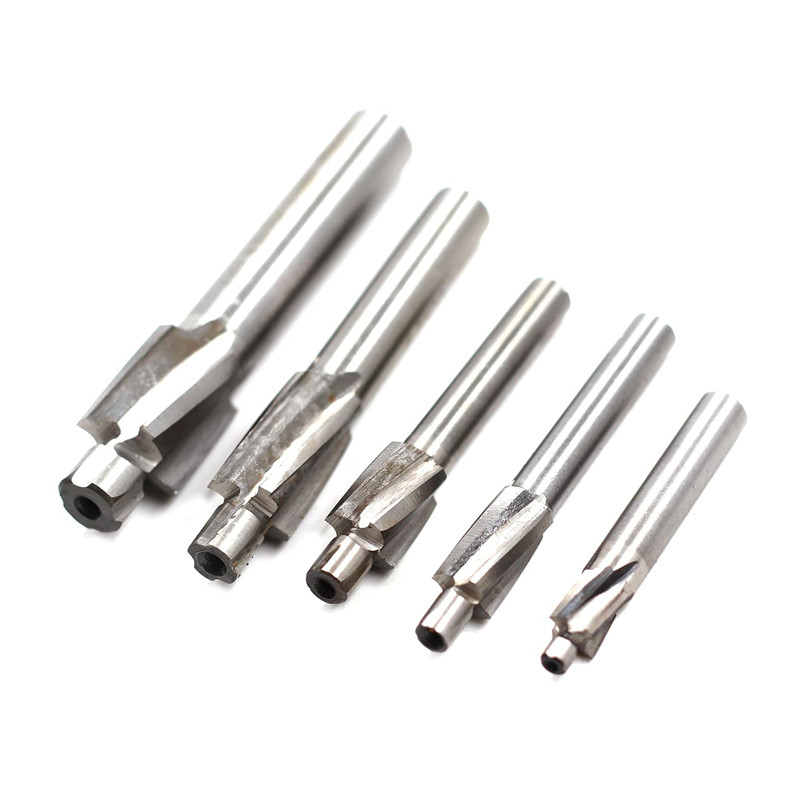 3 Flutes HSS Counterbore Drill Bit With Metric And Inch Size
3 Flutes HSS Counterbore Drill Bit With Metric And Inch Size -
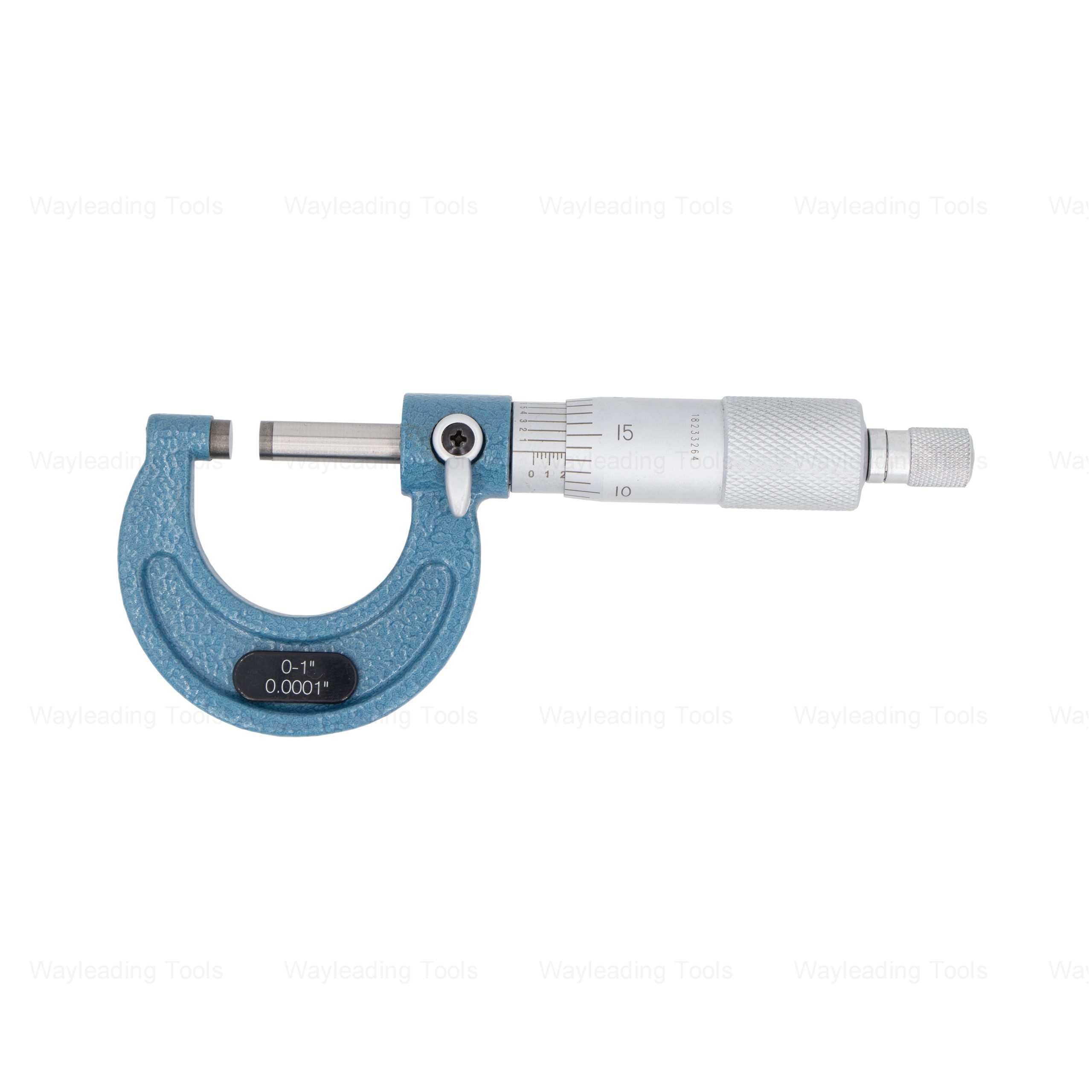 Premium Outside Micrometer – Metric & Inch, Ratchet Stop, Industrial Grade
Premium Outside Micrometer – Metric & Inch, Ratchet Stop, Industrial Grade -
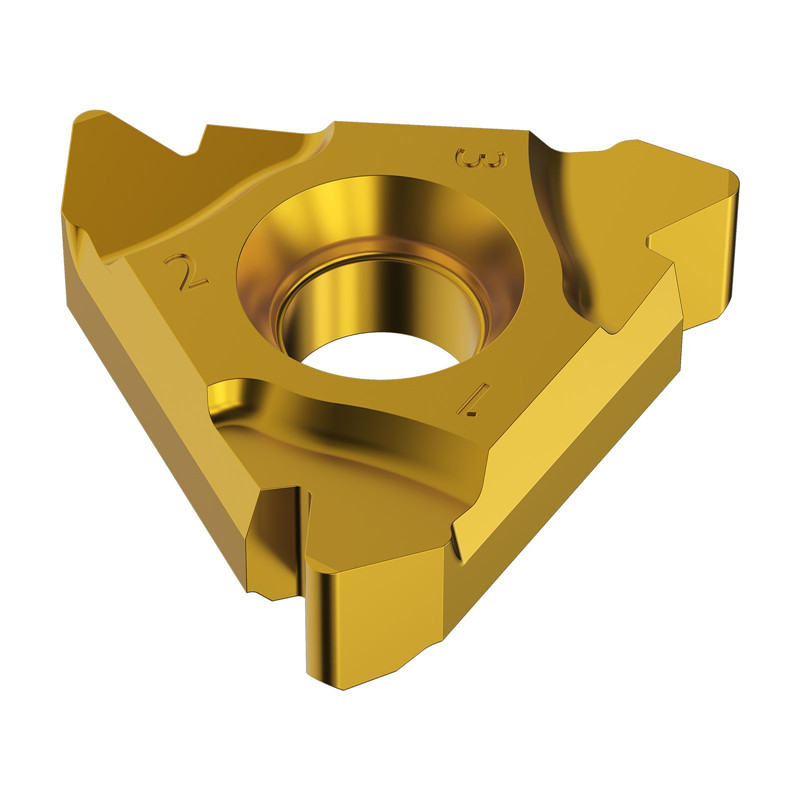 Partial profile 60° Threading Insert With ER & IR Type
Partial profile 60° Threading Insert With ER & IR Type -
 APKT Milling Insert For Indexable Milling Cutter
APKT Milling Insert For Indexable Milling Cutter -
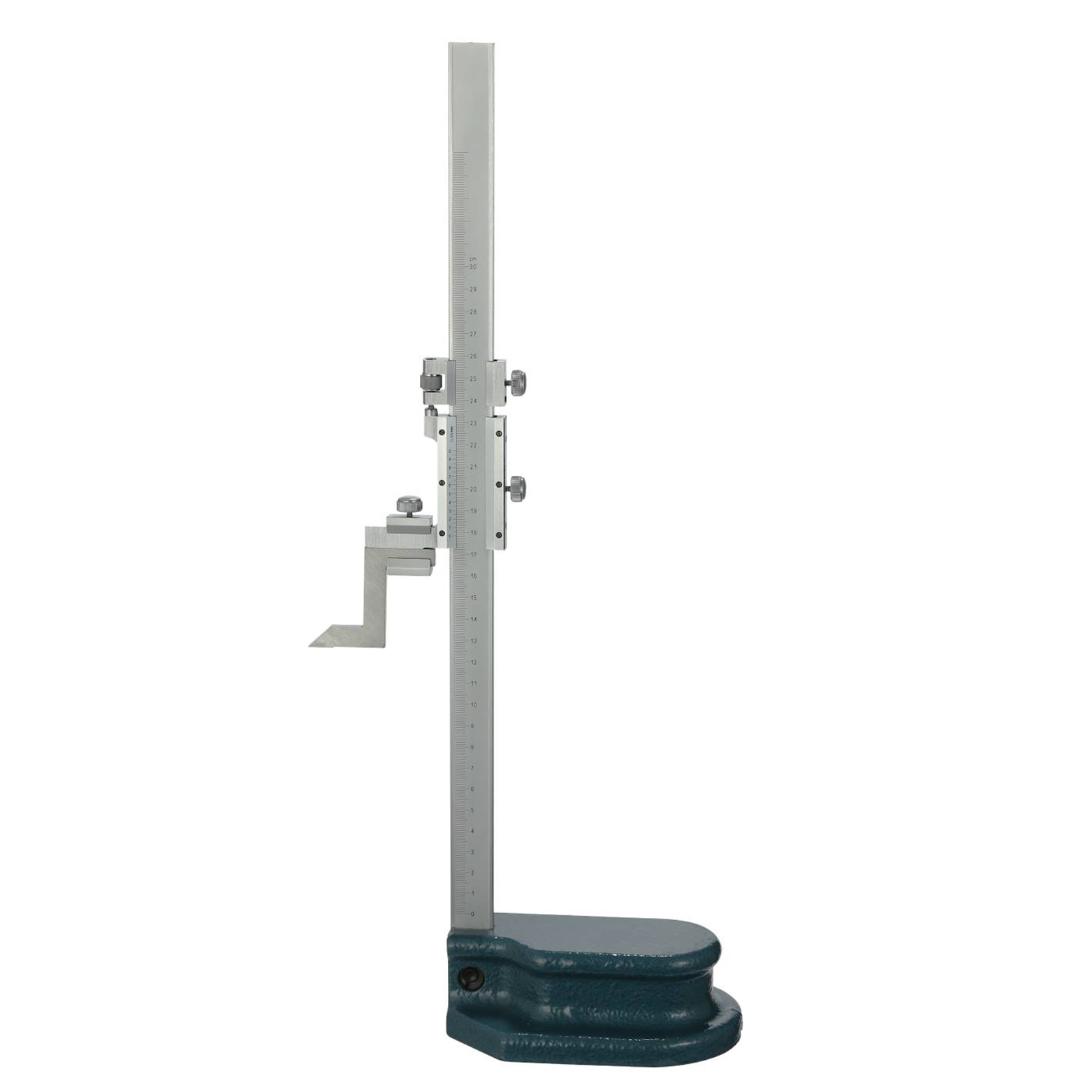 Vernier Height Gauge For Industrial
Vernier Height Gauge For Industrial -
 ANSI B94 HSS Jobber Length Drill Bits Fully Ground
ANSI B94 HSS Jobber Length Drill Bits Fully Ground -
 DIN333A HSS Center Drills With Milled & Fully Ground Flute
DIN333A HSS Center Drills With Milled & Fully Ground Flute -
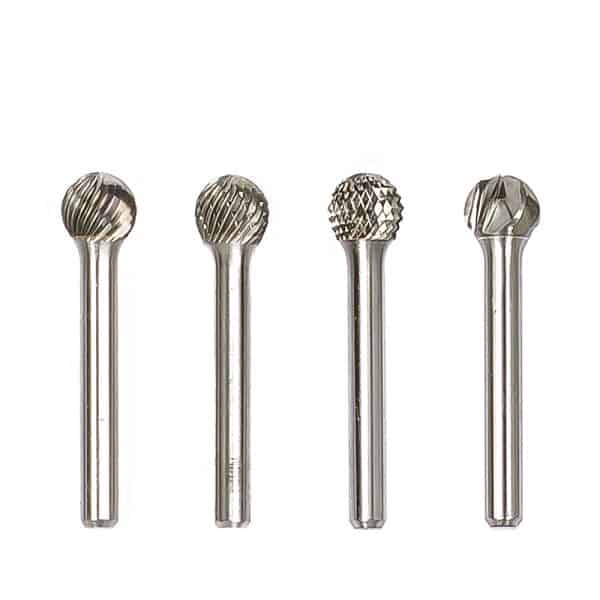 Type D Ball Tungsten Carbide Rotary Burr
Type D Ball Tungsten Carbide Rotary Burr -
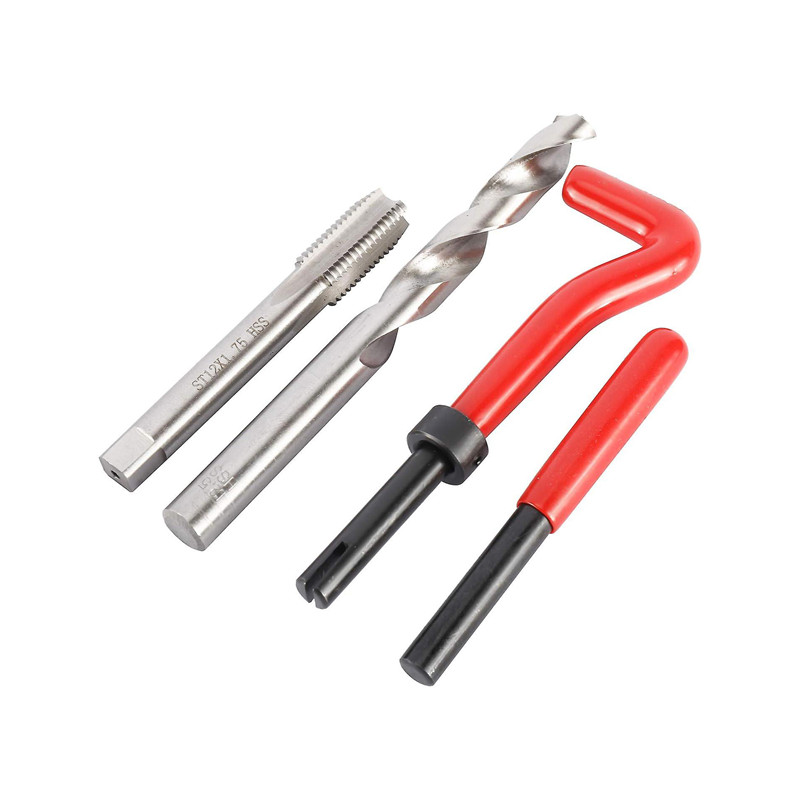 131PCS Thread Repair Set And Helicoil Type Thread Repair Set
131PCS Thread Repair Set And Helicoil Type Thread Repair Set -
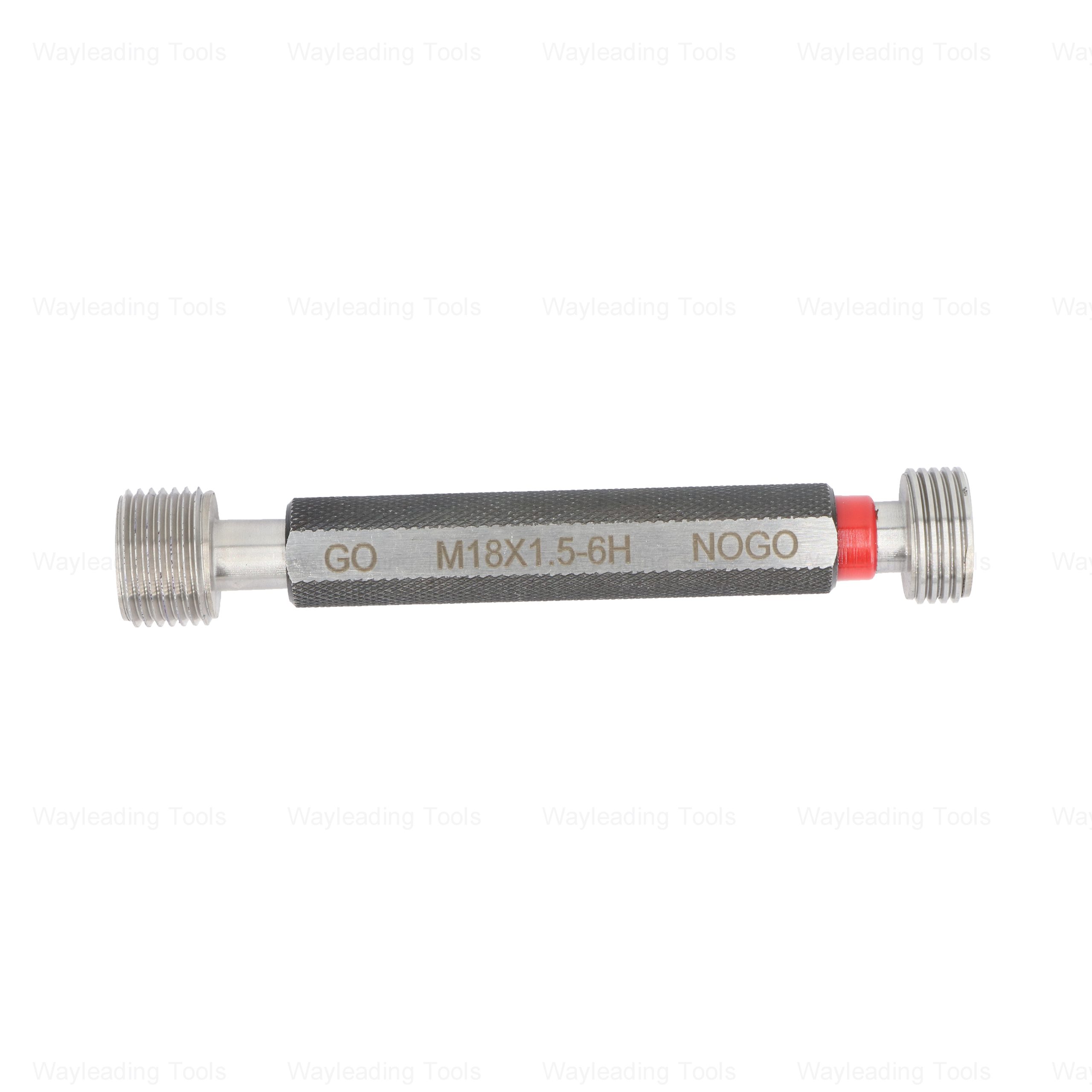 High-Precision Metric Thread Plug Gauge – 6H Class, GO & NO-GO Ends
High-Precision Metric Thread Plug Gauge – 6H Class, GO & NO-GO Ends


